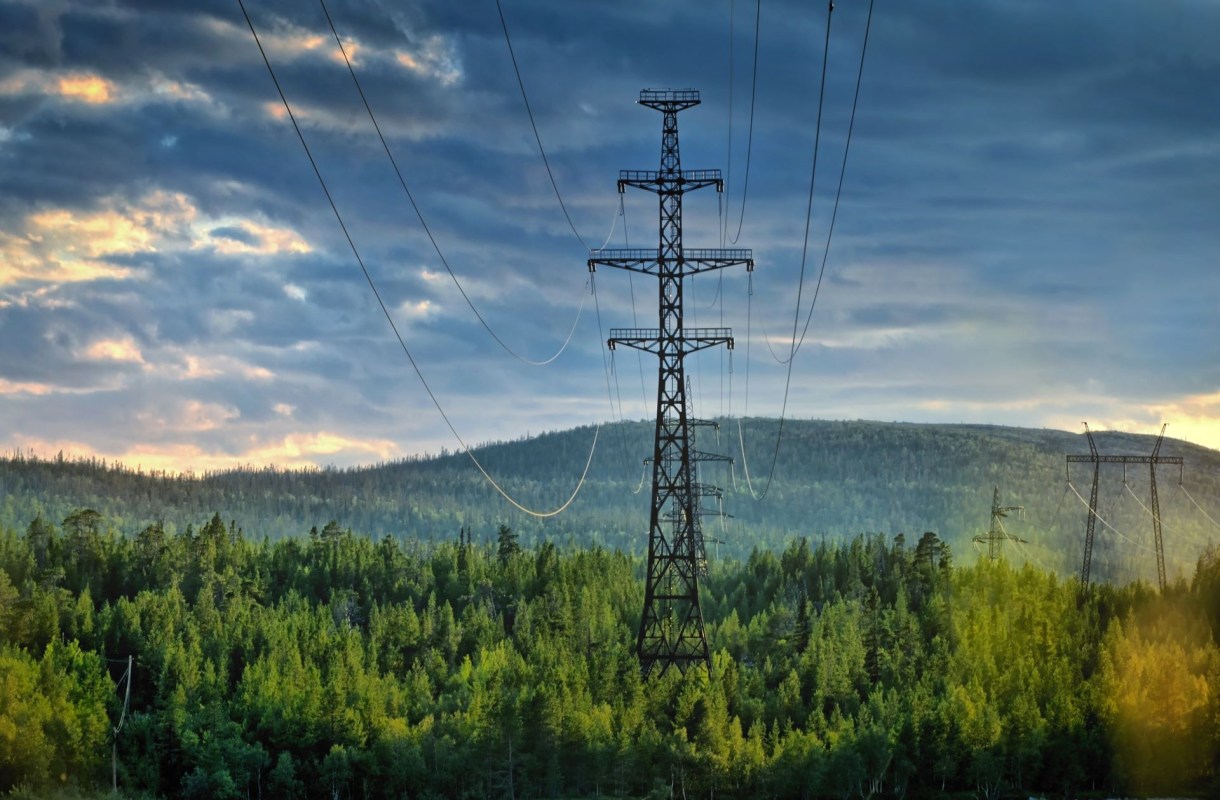Our country's transition to clean energy got a boost of wind in its sails recently with the Bureau of Land Management's (BLM) approval of the 732-mile TransWest Express Project (TWE) after an 18-year wait.
The high-voltage transmission line is budgeted at $3 billion and will deliver renewable wind energy produced by the Chokecherry and Sierra Madre Wind Energy Project in Wyoming to grids in California, Arizona, and Nevada.
The project breaks ground this year, Grist reported, with completion expected by 2028. Construction could create over 1,000 jobs while helping utilities reduce consumers' electricity costs. The biggest benefit of the project, however, may be environmental.
The TWE is a huge step in the Biden administration's efforts to have a 100% carbon-free electricity sector by 2035. Renewable wind energy helps reduce toxic gases by eliminating the use of dirty energy, the largest source of heat-trapping gases.
The problem is that a lot of the best wind resources are far from urban centers that need them. Transmission infrastructure will help make U.S. environmental and renewable energy objectives possible.
By its completion, the TWE will deliver three gigawatts of power from the Wyoming wind farm to more densely-populated areas of the country.
For perspective, one gigawatt is enough power to support 750,000 homes by one estimate — or a medium-sized city by another. With three gigawatts of capacity, TWE will deliver enough clean, affordable energy to power more than two million homes and will make a dent in toxic gas pollution if this energy's production replaces dirty energy generation.
In an article for Fast Company, Kara Choquette, the communications director at TransWest Express, said, "This is the biggest interstate transmission line that will be built in the West in decades. It's not just about sending Wyoming wind to California solar, but how do you blend all these sources together? The physical infrastructure to connect diverse renewable resources will be there."
The importance of this project was echoed by California Energy Commission (CEC) chair David Hochschild in a press release about a joint agency report by The California Energy Commission (CEC), California Public Utilities Commission (CPUC), and California Air Resources Board (CARB).
"Building a carbon-free grid is foundational to achieving our climate goals and will provide good paying jobs and cleaner air to those who need it most," Hochschild said.
Join our free newsletter for cool news and actionable info that makes it easy to help yourself while helping the planet.









